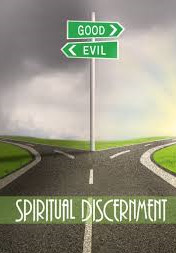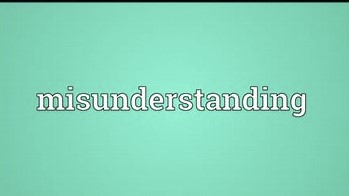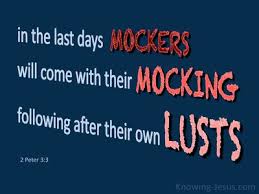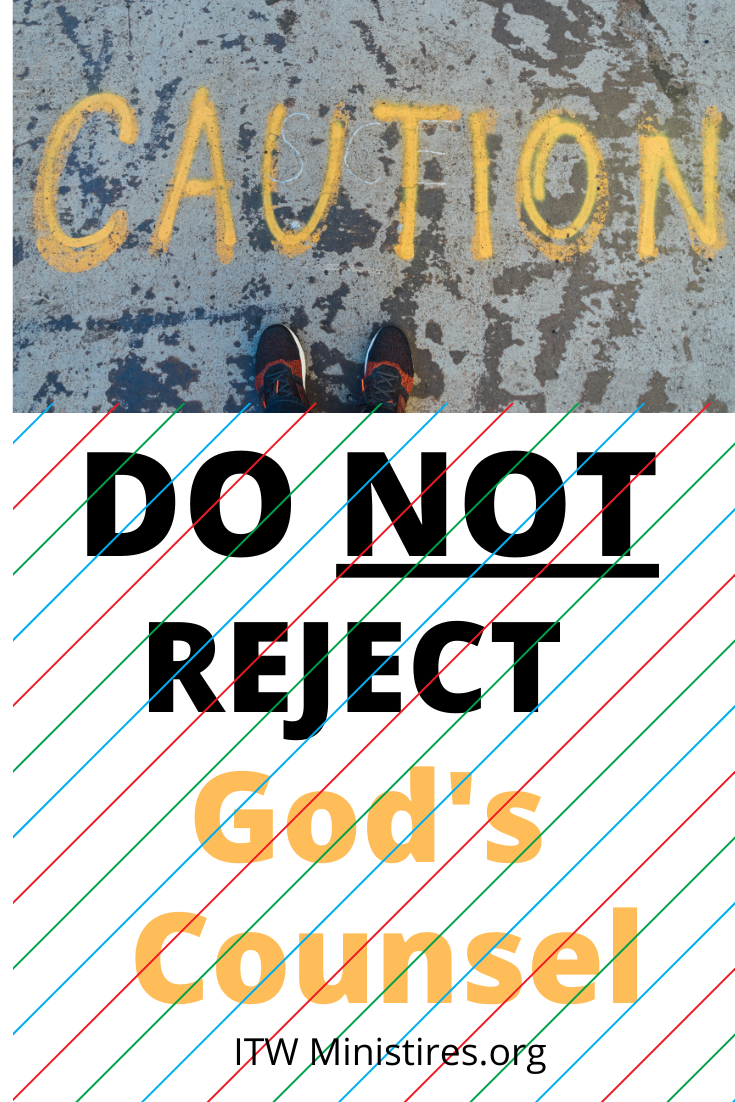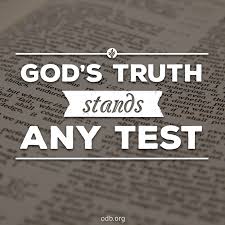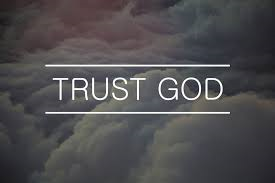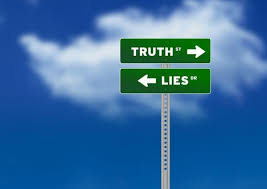In search of truth
Can we agree that truth is important? But how do we handle the growth in mis-, dis-, and counter-information we receive daily? Because of these increases, individuals, communities and institutions have become more strategic in response to these truth crushers.
These strategies include educational campaigns that recognize unreliable sources and the creation of fact-checking organizations. Social media companies and technology platforms have implemented partnerships that identify misleading and harmful content.
Individual strategies include unfollowing or blocking habitual spreaders of falsehood, fact-checking, and withdrawing from platforms with disinformation. Despite all these efforts, unfortunately, people tend to trust misinformation that aligns with their beliefs.
If truth is ultimately found, how do we use it, especially in our faith walk? Truth is best used in practicing spiritual discernment.
What is spiritual discernment?
Discernment involves the process of keen insight and good judgment. People express discernment about things that are important to them. For example, if you are watching your weight, you will be very discerning about the food you select and its preparation. If you need legal advice, you will exercise great discernment in the selection of the best lawyer to assist you. In similar manner, spiritual discernment helps believers “judge well”.
Spiritual discernment encompasses separating divine truth from error. This is a difficult task as we are torn between the world’s influence, our human flesh, and Satan’s deception. First Thessalonians 5:21 advises us to “Test all things; hold fast to what is good.” The world has told us there is no such thing as “good”—no standard of right or wrong; it is all relative, based on each person’s unique situation.
Spiritual discernment, however, depends on truth. It is the God-given ability to perceive, understand, and judge what is true, right, and aligned with God’s will. It does not rely on personal feelings, cultural trends, or partial knowledge. Spiritual discernment without truth leads to confusion, error, and deception (Hebrews 5:14)
Our source of spiritual discernment
First and foremost, as believers, we accept God’s Word as the ultimate source of truth. It is our spiritual “warning system” for detecting error. It is the perfect standard by which we distinguish right from wrong. Spiritual discernment is sharpened through deep knowledge of Scripture. Without truth from the Word, spiritual discernment becomes subjective or distorted.
-
- For the word of God is living and active. Sharper than any double-edged sword, it penetrates even dividing soul and spirit, joints and marrow; it judges the thoughts and attitudes of the heart. (Hebrews 4:12)
-
- The entirety of Your word is truth, And every one of Your righteous judgments endures forever. (Psalm 119:160)
Secondarily, The Holy Spirit, living within us, is the Truth Discerner, who will lead us into all truth. He knows the mind of God and will direct us based on God’s purpose and plan for our life.
-
- But when he, the Spirit of truth, comes, he will guide you into all truth. He will not speak on his own; He will speak only what He hears, and He will tell you what is yet to come. (John 16:13)
-
- So, I say, live by the Spirit, and you will not gratify the desires of the sinful nature. (Galatians 5:16)
Spiritual discernment is a Spirit-empowered ability to apply truth to every life situation and decision we make.
A Closing Warning
The Apostle Paul warned Timothy in 67 C.E. that the time would come “when people will not tolerate sound doctrine and accurate instruction [that challenges them with God’s truth]; but wanting to have their ears tickled [with something pleasing], they will accumulate for themselves [many] teachers [one after another, chosen] to satisfy their own desires and to support the errors they hold, and will turn their ears away from the truth and will wander off into myths and man-made fictions [and will accept the unacceptable].” (2 Timothy 4:3-4, Amplified)
God has given us His Word and His Spirit to guide us in all wisdom and knowledge, that we may live righteous and holy lives (2 Peter 1:3-4). If we seek only to be “healthy, wealthy, and wise”, we will not be spiritually discerning. It is our responsibility as children of light (Ephesians 5:8) and defenders of truth (1 Peter 3:15) to embrace and cultivate spiritual discernment. Spiritual discernment is critical for navigating 21st century living.

